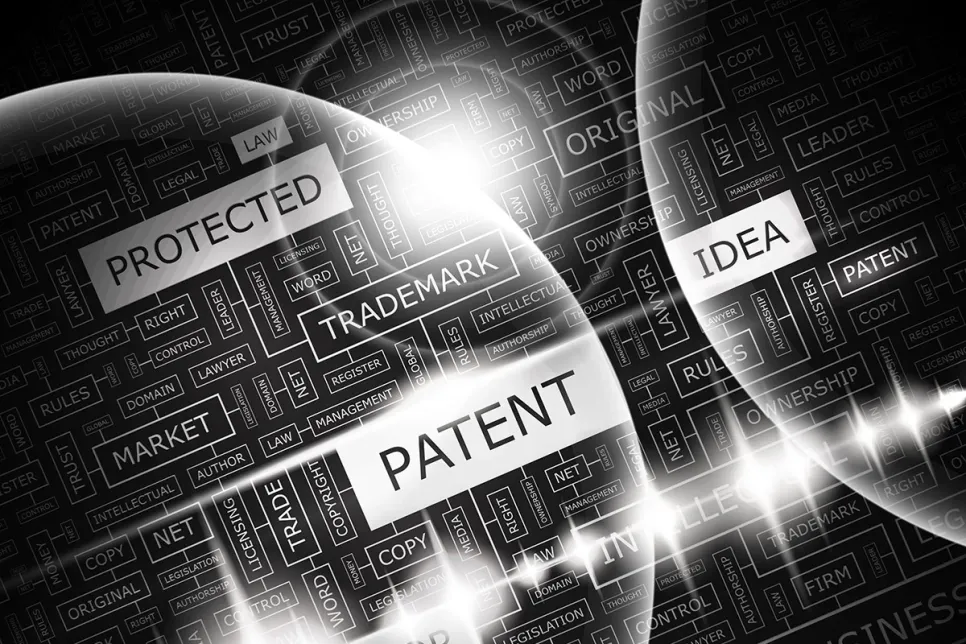Qualcomm Announces Snapdragon 8 Gen 5 Platform
Qualcomm added its latest smartphone platform to its premium-tier Snapdragon range.

Nokia has declared more than 3,000 patent families to the European Telecommunications Standards Institute (ETSI) as essential for the 5G standard. Driven by inventions from Nokia Bell Labs, the company says it has played a leading role in pioneering key technologies for 5G, working with the 3GPP organization to establish 5G standards and enabling the rollout of 5G networks.
Nokia had a key role in driving the first set of globally interoperable 5G standards to completion and is now contributing towards the next set of standards. Through its research innovation and standardization leadership, it has enabled the ecosystem development for 5G technologies, paving the way for consumers and industries to have access to 5G faster and smoothly.
Their contributions in innovation and standardization are the product of over €129bn of investment into research and development over the past two decades, and approximately €4.4bn R&D expenses last year alone. With the latest declarations, the portfolio of Nokia cellular standard essential patents (SEPs) declared to one or more of the 2G, 3G, 4G and 5G standards spans more than 3,400 patent families, of which more than 3,000 are relevant to 5G standards.
This SEP portfolio has more than doubled in size over the past five years, with Nokia having a leading market share. Nokia Bell Labs produces the majority of these SEPs, and Nokia Technologies business manages and licenses this patent portfolio, with more than 200 licensees, including most major smartphone vendors and many automotive brands. Beyond radio networks and technologies, Nokia’s end-to-end approach to 5G includes the fronthaul, backhaul and optical transport networking systems.
“Nokia has defined many of the fundamental technologies used in virtually all mobile devices and digital systems and networks, and these inventions are critical to the new Industrial Internet of Things era. We standardize these inventions to allow widespread utilization and adoption. The benefits of 5G are initially in massive amounts of new capacity for consumers, but as the new technology and network architecture develops, it will enable new applications for enterprises and industrial businesses, with end-to-end 5G networks forming the critical fabric for the Fourth Industrial Revolution,“ said Marcus Weldon, Nokia CTO and President of Nokia Bell Labs.